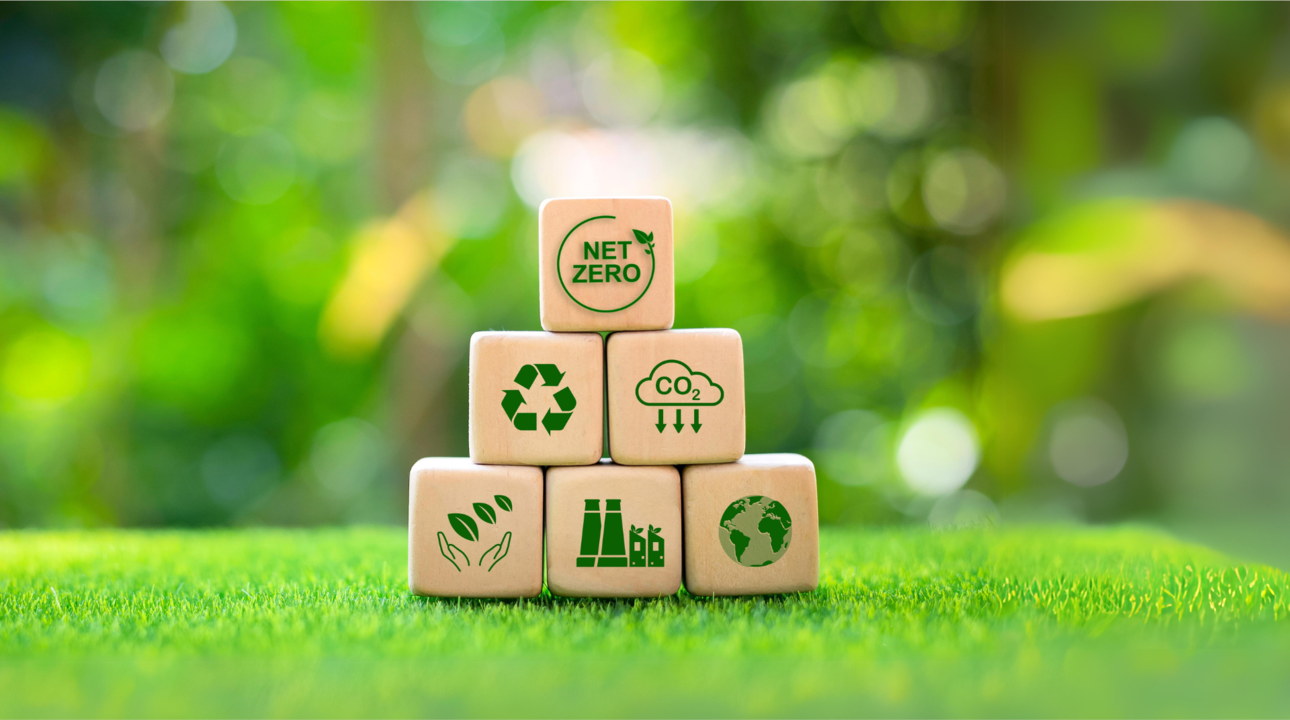Written by
Pooja Joshi

As climate change emerges as one of the most pressing global challenges, nations are striving to reduce carbon emissions and mitigate its impacts. In the GCC, and particularly the UAE, achieving net-zero emissions has become a priority. With its strategic vision and ambitious sustainability goals, the region is transitioning towards a low-carbon future, overcoming unique challenges such as its heavy reliance on oil and gas and its climate-related vulnerabilities.
Net zero refers to achieving a balance between the greenhouse gases emitted into the atmosphere and those removed from it. This is accomplished by significantly reducing emissions and offsetting the remaining ones through initiatives such as carbon capture technologies or large-scale afforestation projects. Aligning with the goals of the Paris Agreement, net zero is critical for limiting global temperature rise to 1.5°C above pre-industrial levels.
The UAE and the wider GCC region face rising temperatures, water scarcity, and extreme weather conditions caused by climate change. These factors threaten vital industries such as agriculture, tourism, and energy production. Simultaneously, the region is a significant global emitter due to its dependency on hydrocarbons.
For the GCC, transitioning to net zero is not just an environmental imperative but also an economic necessity. Diversifying economies, reducing fossil fuel dependency, and embracing green technologies are crucial for long-term resilience and competitiveness on the global stage.
The UAE was the first GCC country to announce a net-zero target, pledging to achieve net-zero emissions by 2050. Key initiatives include:
Achieving net zero in the GCC, and particularly in the UAE, requires bold policy measures, significant investments, and collaborative efforts across all sectors. While challenges remain, the UAE’s proactive approach, supported by international partnerships and innovative solutions, positions it as a regional leader in sustainability.
Saturday - Thursday :
8:30 am - 10:45 pmMonday - Saturday :
8:00 am - 4:00 pm